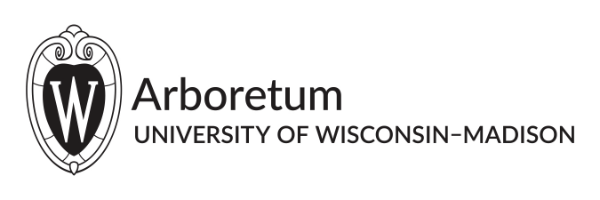|
| |
Assessment
Strategies
and Tools
|
|
| |
Planning
for Assessment
You’ll
find a wealth of unplanned opportunities to assess students’
gains during Journey North. If you also plan in advance what you
want to assess and how you’ll do it, you’ll be better
prepared to guide instruction and know how students are progressing
toward standards. Here are some important questions to ask:
- What
are my learning goals? What key concepts, skills, attitudes
will I assess? These should be based on your state
or local standards, the particular study you’ve chosen,
and your judgement about students’ knowledge and gaps
(e.g., after doing a pre-assessment). Don’t assess more
than you or students can manage.
- How
will I know if students have achieved them? (What evidence do
I need?) Think about the different kinds of evidence
(formal and informal) that would persuade you that kids are
progressing toward the standards. (For instance, Your students
would be able to interpret data, set up an investigation, create
a map from data.)
- Which
student tasks, interactions, and materials should I assess?
Which will occur before, during, and after the Journey North
study or unit? These might include journal and challenge
question responses; drawings; informal discussions; portfolios;
concept maps, charts and graphs; presentations; investigation
reports, and so on.
- Which
recording/scoring strategies and tools will I use to document
and interpret these? This might include anecdotal observations/notes,
checklists, and rubrics.
- Who
will do what? You will use certain assessment strategies
and tools yourself.
Student self-assessments are valuable instructional tools that
help students better understand and invest in learning goals
and take responsibility for their own learning. By engaging
students in assessment, the process will also be easier for
you to manage.
- How
will I communicate students’ progress to parents and others?
|


